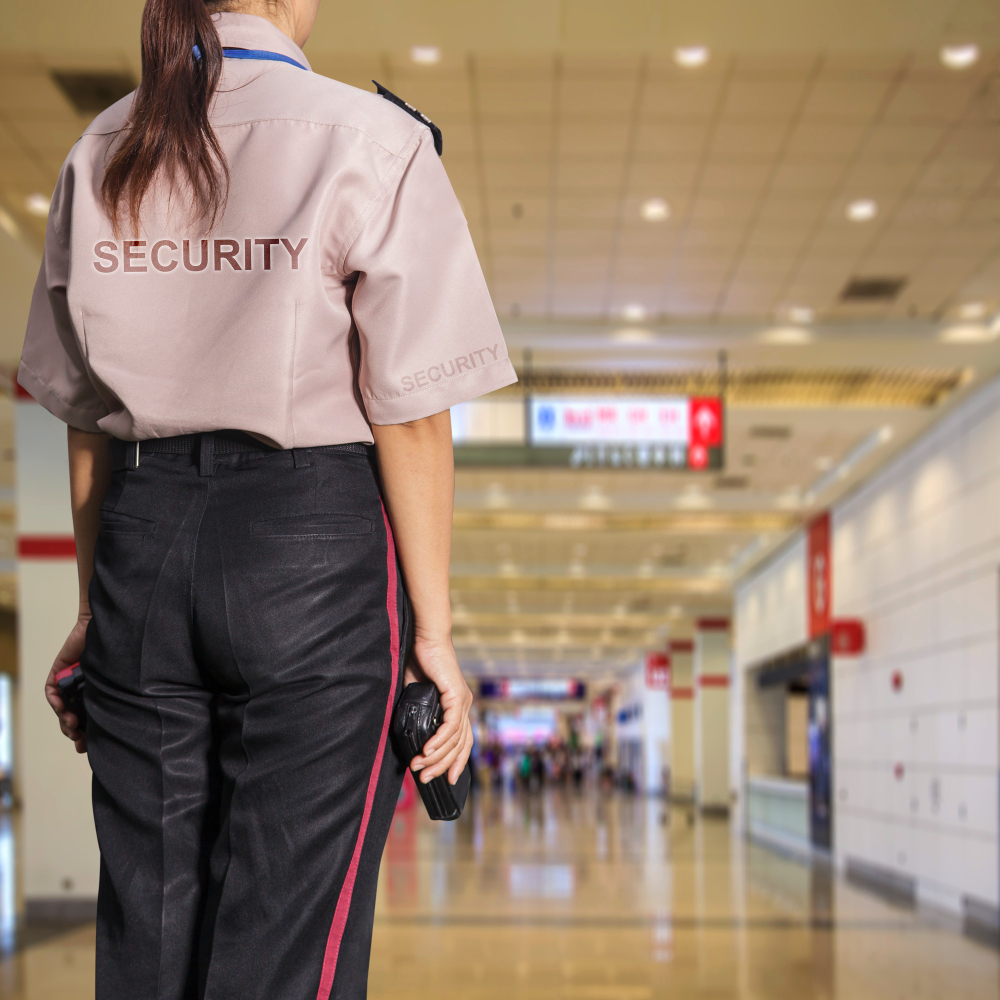
Hotel and mall security services are critical to ensuring the safety and security of guests, visitors, employees, and property within these public spaces.
Both hotels and malls are frequented by large numbers of people and can be vulnerable to various security threats, including theft, vandalism, disturbances, and even more serious incidents. Here are the key components of security services in hotels and malls:
1. Access Control: Managing and controlling access to the premises is a fundamental aspect of security in hotels and malls. This involves:
- Monitoring entrances and exits.
- Checking IDs, bags, and packages if necessary.
- Issuing access cards or badges to authorized personnel.
- Restricting access to certain areas such as back-of-house areas in hotels or maintenance areas in malls.
2. Surveillance and Monitoring: Implementing video surveillance and monitoring systems with cameras strategically placed throughout the premises to deter crime, monitor activity, and provide evidence in case of incidents.
3. Security Personnel: Employing trained security guards or officers who are responsible for:
- Patrolling the property to deter criminal activity.
- Responding to security incidents or disturbances.
- Assisting guests and visitors with security-related concerns.
- Providing a visible security presence to deter potential threats.
4. Emergency Response: Developing and practicing emergency response plans for various scenarios, such as fires, medical emergencies, power outages, or security breaches. Security personnel should be trained in emergency procedures.
5. Customer Service: Balancing security measures with providing a welcoming and customer-friendly environment. Security personnel often serve as customer service representatives, assisting guests with directions, information, or requests.
6. Loss Prevention: Implementing measures to prevent theft and shrinkage in retail stores within malls, including the use of CCTV cameras, electronic article surveillance (EAS) systems, and undercover security personnel.
7. Incident Reporting: Establishing clear procedures for reporting and documenting security incidents, including theft, vandalism, or disruptive behavior.
8. Crowd Control: Managing and ensuring the safety of large crowds during special events, sales, or other situations that attract a significant number of visitors.
9. Vendor and Contractor Screening: Implementing procedures to vet and monitor vendors and contractors who may have access to the property for maintenance or service work.
10. Access for First Responders: Ensuring that emergency services like police and fire departments have easy access to the premises in case of emergencies.
11. Parking Lot Security: Monitoring and patrolling parking areas to prevent theft, vandalism, and ensure the safety of customers and their vehicles.
12. Compliance: Ensuring compliance with local laws, regulations, and industry standards related to security and safety.
Security services in hotels and malls must strike a balance between providing a safe environment for customers and maintaining a welcoming and pleasant atmosphere. Many hotels and malls work with professional security firms or agencies to assess their security needs and implement appropriate security measures. The level of security required may vary based on the size, location, and specific security risks associated with each establishment.